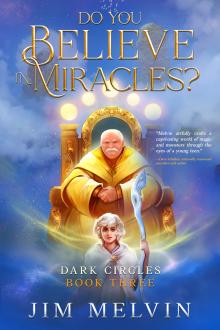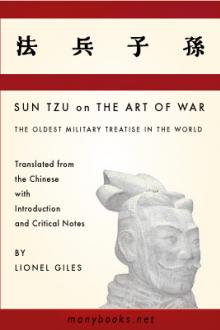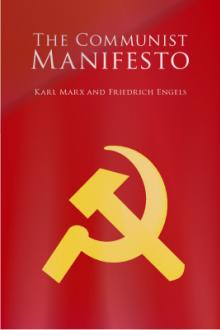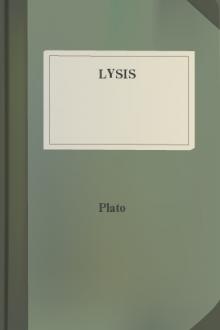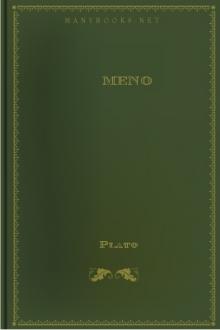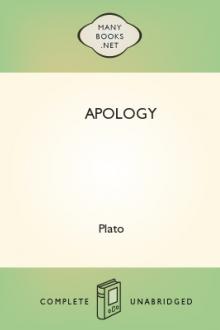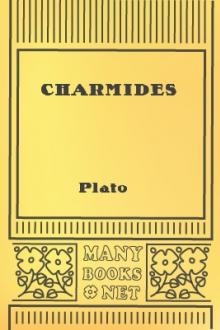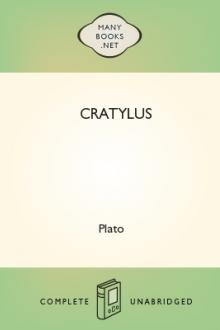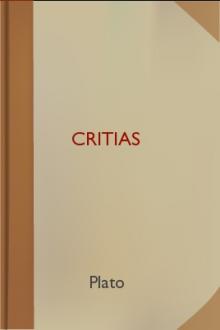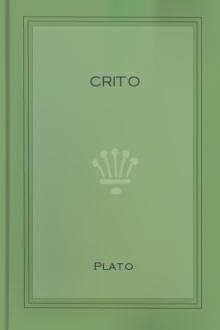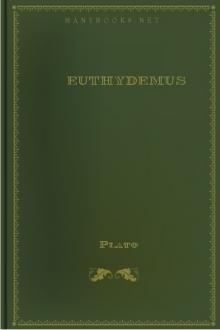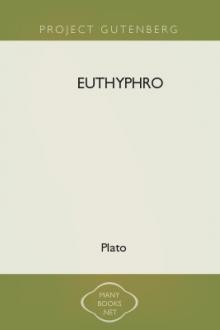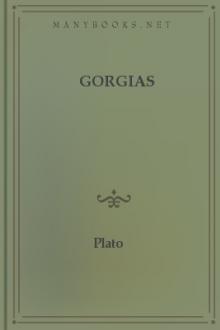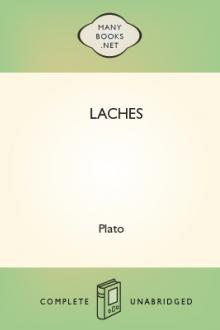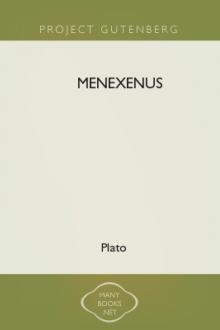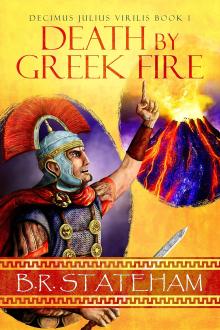Ion
Ion
The Ion is the shortest, or nearly the shortest, of all the writings which bear the name of Plato, and is not authenticated by any early external testimony. The grace and beauty of this little work supply the only, and perhaps a sufficient, proof of its genuineness. The plan is simple; the dramatic interest consists entirely in the contrast between the irony of Socrates and the transparent vanity and childlike enthusiasm of the rhapsode Ion. Translated by Benjamin Jowett.
Book Excerpt
r.), and should be treated with every sort of respect (Republic), but not allowed to live in a well-ordered state. Like the Statesmen in the Meno, they have a divine instinct, but they are narrow and confused; they do not attain to the clearness of ideas, or to the knowledge of poetry or of any other art as a whole.
In the Protagoras the ancient poets are recognized by Protagoras himself as the original sophists; and this family resemblance may be traced in the Ion. The rhapsode belongs to the realm of imitation and of opinion: he professes to have all knowledge, which is derived by him from Homer, just as the sophist professes to have all wisdom, which is contained in his art of rhetoric. Even more than the sophist he is incapable of appreciating the commonest logical distinctions; he cannot explain the nature of his own art; his great memory contrasts with his inability to follow the steps of the argument. And in his highest moments of inspiration he has an eye to his own gains.
The old quarre
FREE EBOOKS AND DEALS
(view all)Popular books in Philosophy, History, Fiction and Literature
Readers reviews
0.0
LoginSign up
Be the first to review this book
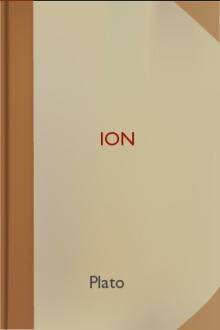
 Free Download
Free Download



